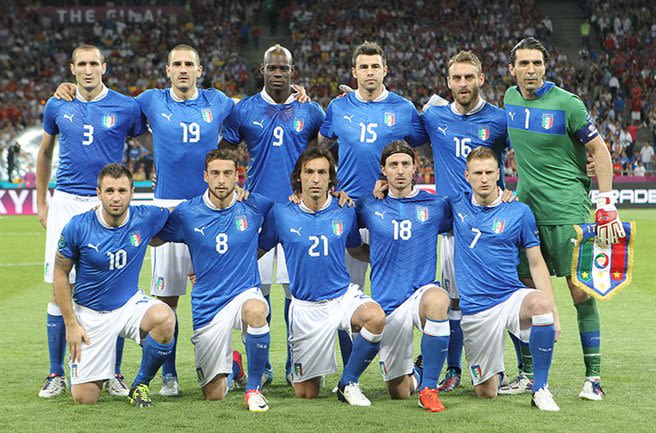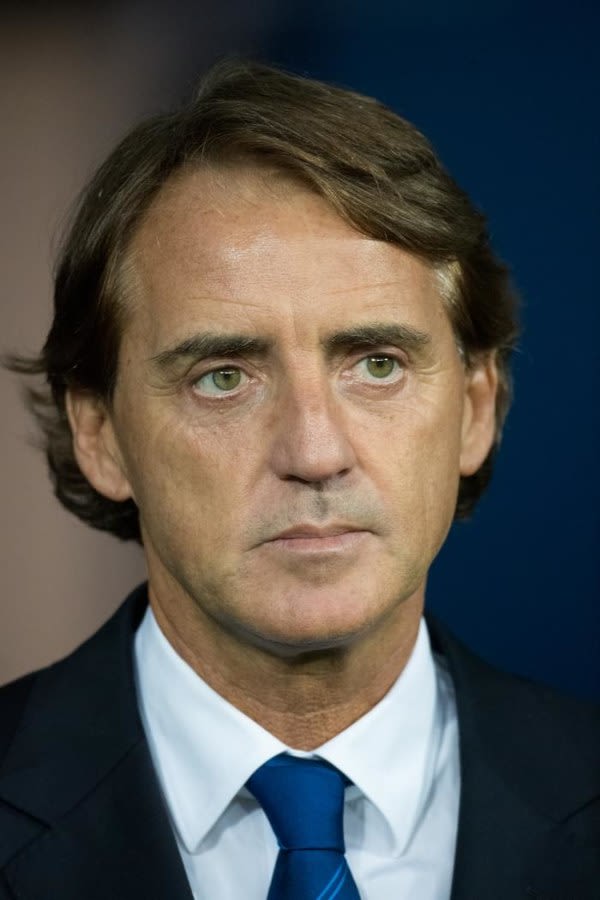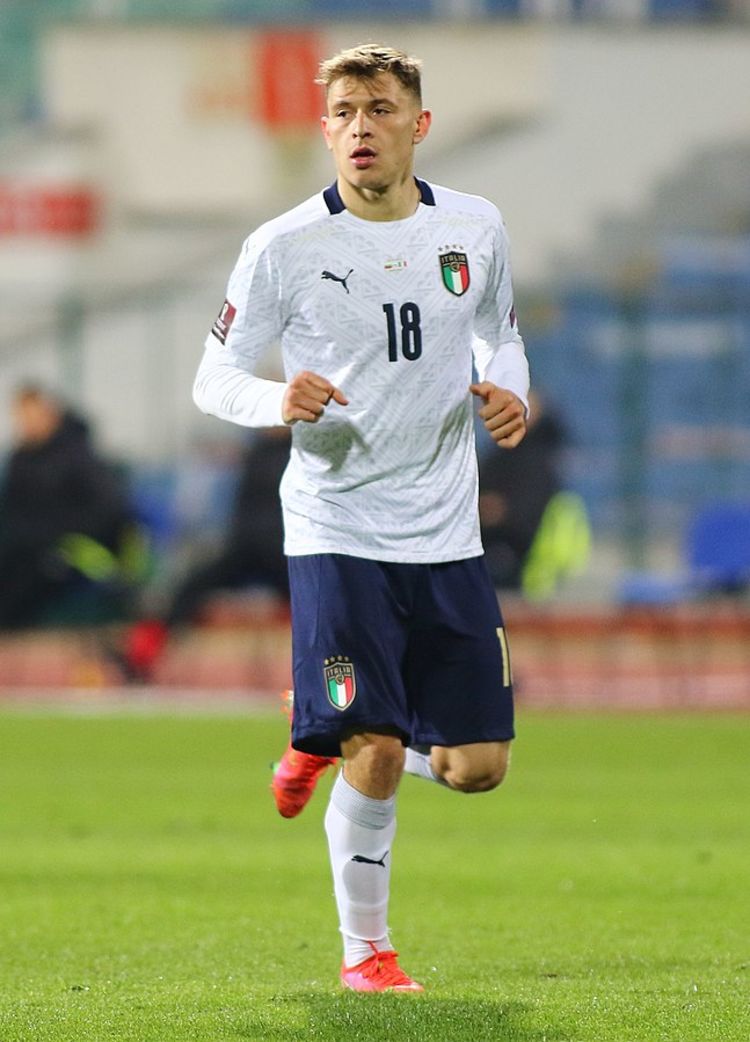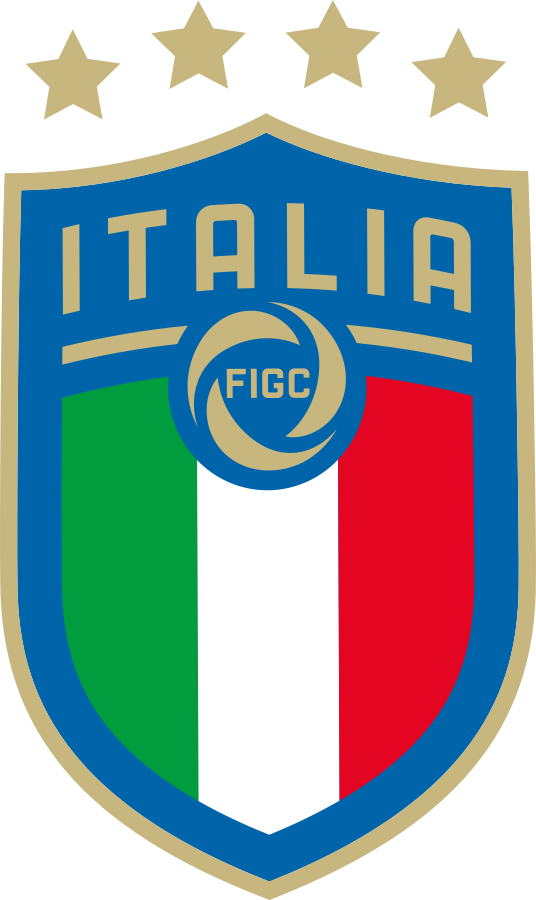Italy: the Euro 2020 preview
A year ago, Italy were relatively unfancied, but over the past year the hype has begun to build, as a talented squad look to return the country to their former glories.

Just three years ago, Italy failed to qualify for the World Cup for the first time in 60 years. With a chip on their shoulder, the Azzurri come into this year’s European Championships as one of the strongest outfits.
Having won all 10 of their qualifying games, there is no doubt that Italy are the favourites in Group A: a group that includes Turkey, Wales and Switzerland.
Italy Manager Roberto Mancini recently trimmed his 33-man squad down to 26, and it had its fair share of controversial decisions. While some may have disagreed with his selections, his two-hour television show to announce the final 26 was certainly welcome.
Uncapped striker Giacomo Raspadori was recently called up to the final 26-man squad from the Under-21s. While his 2020-21 season may not have been the most statistically impressive (six goals in 27 games), he was a bright spot in Sassuolo’s solid campaign, which saw them finish eighth in the Serie A.
Raspadori will likely not be the starting option for Italy though, with Torino’s Andrea Belotti and Lazio’s Ciro Immobile sitting ahead of him in the pecking order. Both strikers are “tried and tested” and will cause trouble for any opposition defence.
One of the most surprising exclusions of Mancini’s final 26 was Moise Kean. The PSG man had a decent season in Ligue 1 but was ultimately dropped, despite being included in the initial 33-man squad.
Many also viewed the omission of Freiburg’s Vincenzo Grifo a mistake. After a great season in the Bundesliga, many expected Grifo to contend for a starting position. However, Mancini ultimately opted for the bigger names of Federico Bernardeschi, Federico Chiesa as well as the ever-present Lorenzo Insigne. Sassuolo talisman Domenico Berardi rounds off the Azzuri’s attackers.
In truth, Grifo had done everything he could to get in the team. Many, including Mancini (who handed Grifo his international debut), will view his exclusion as testament to the abundance of quality in Italy’s attacking options.
The midfield appears more straightforward, yet still boasts enormous amounts of talent. After winning the Champions League with Chelsea, there is no surprise to see Jorginho included. He is joined by PSG’s Marco Verratti, who was selected despite having an injury-riddled 2020-21 season.
Inter Milan’s Nicolo Barella, who scored in Italy’s 4-0 win over Czech Republic, could make his name on the international stage. He is joined by club mate Stefano Sensi in midfield. Bryan Cristante and Lorenzo Pellegrini, both of Roma, will also be viable starting options, with Sassuolo’s Manuel Locatelli the final midfielder.
While Mancini’s midfielders do not boast many “elite” talents across Europe, his unit plays incredibly fluidly thanks to the versatility of some of his players. His expected 4-3-3 system will compliment his players well. Barella, in particular, looks very promising and is a natural fit within Mancini’s energetic structure.
The side will be captained by Juventus defender Giorgio Chiellini, who is joined by fellow Juventus teammate Leonardo Bonucci. They are two of seven players who have retained their spots from Euro 2016.
Other centre-backs include Lazio’s Francesco Acerbi, Inter’s Alessandro Bastoni and Atalanta’s Rafael Toloi, who made his Italy debut in March having switched nationalities from Brazil.
The full-back group includes veteran Alessandro Florenzi of PSG and Chelsea’s Emerson. They will compete with Napoli’s Giovanni Di Lorenzo and Roma’s Leonardo Spinazzola for the starting spots.
The expected starting goalkeeper is AC Milan’s Gianluigi Donnarumma. Napoli’s Alex Meret will likely be the back-up, though Mancini may prefer Torino’s Salvatore Sirigu thanks to his experience, despite a poor season overall.
While, on paper, the squad looks strong, there is no doubt that it has a few central concerns that could ultimately limit Italy’s success this year.
One of the main talking points will be around Immobile. While he has been a clinical striker during many league campaigns, his success on the international stage has been scarce. In 46 caps, he has just 13 goals – a statistic that is worrying when you consider that he will likely be the focal point of Italy’s front line.
Further, the risk of picking Verratti should not be understated. His injuries this season derailed his campaign massively. While he has the potential to be Italy’s best player, he can only do that if he plays.
Despite these undoubted problems, Italy should still be considered one of the strongest squads this year. With a quality blend of young players with long-time veteran leaders, expect Italy to be professional and composed in approach.
That is not to say they lack flair though – they have a number of electric playmakers too, who have the ability to create plenty of goal-scoring opportunities.
And, perhaps most importantly, Mancini is proving himself to be a great manager on the international stage. Winning 21 of 30 matches since taking charge, Mancini has proved to be a highly successful appointment. He even broke Vittorio Pozzo’s consecutive wins record, by leading Italy to eleven consecutive wins.
“Mancini has given the team a young, modern game, stamped his mark. It is his national team,” said Italy’s all-time leading goal-scorer, Luigi Riva.
In all, Italy’s setup appears stronger the more you look at it. While there are some questions to be answered, it would be premature to bet against Mancini and the Azzurri this Summer.
From despair in 2018, the national mood towards the Italian national team could not be more different, and they can view Mancini as their saviour.
Italy’s Euro campaign kicks off against Turkey on 11 June.




